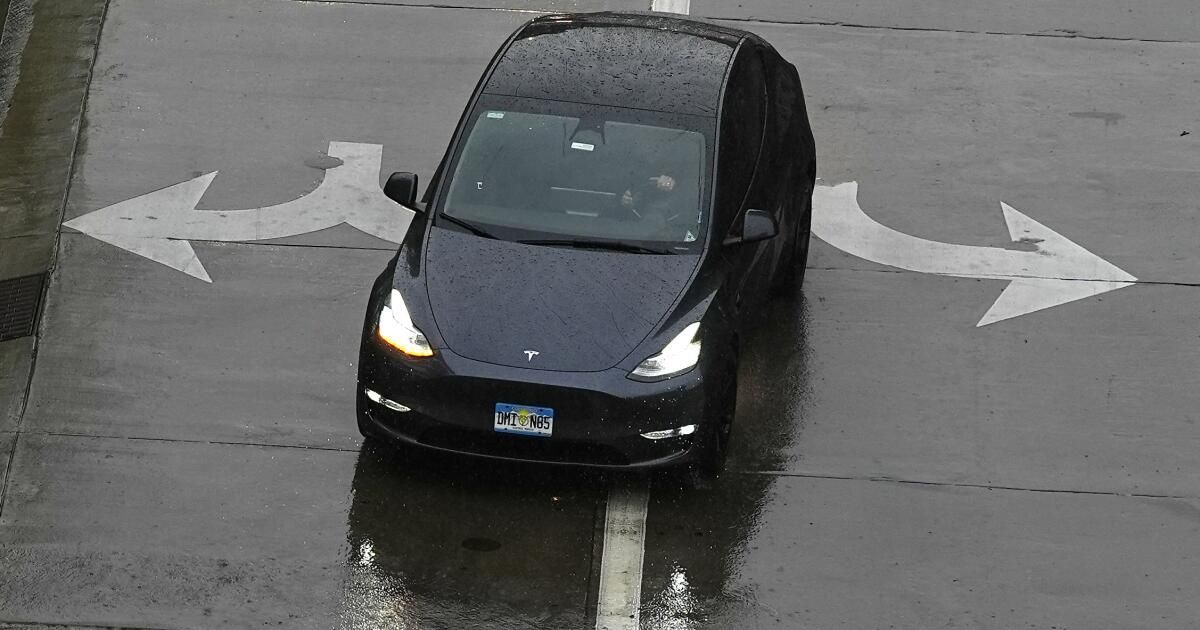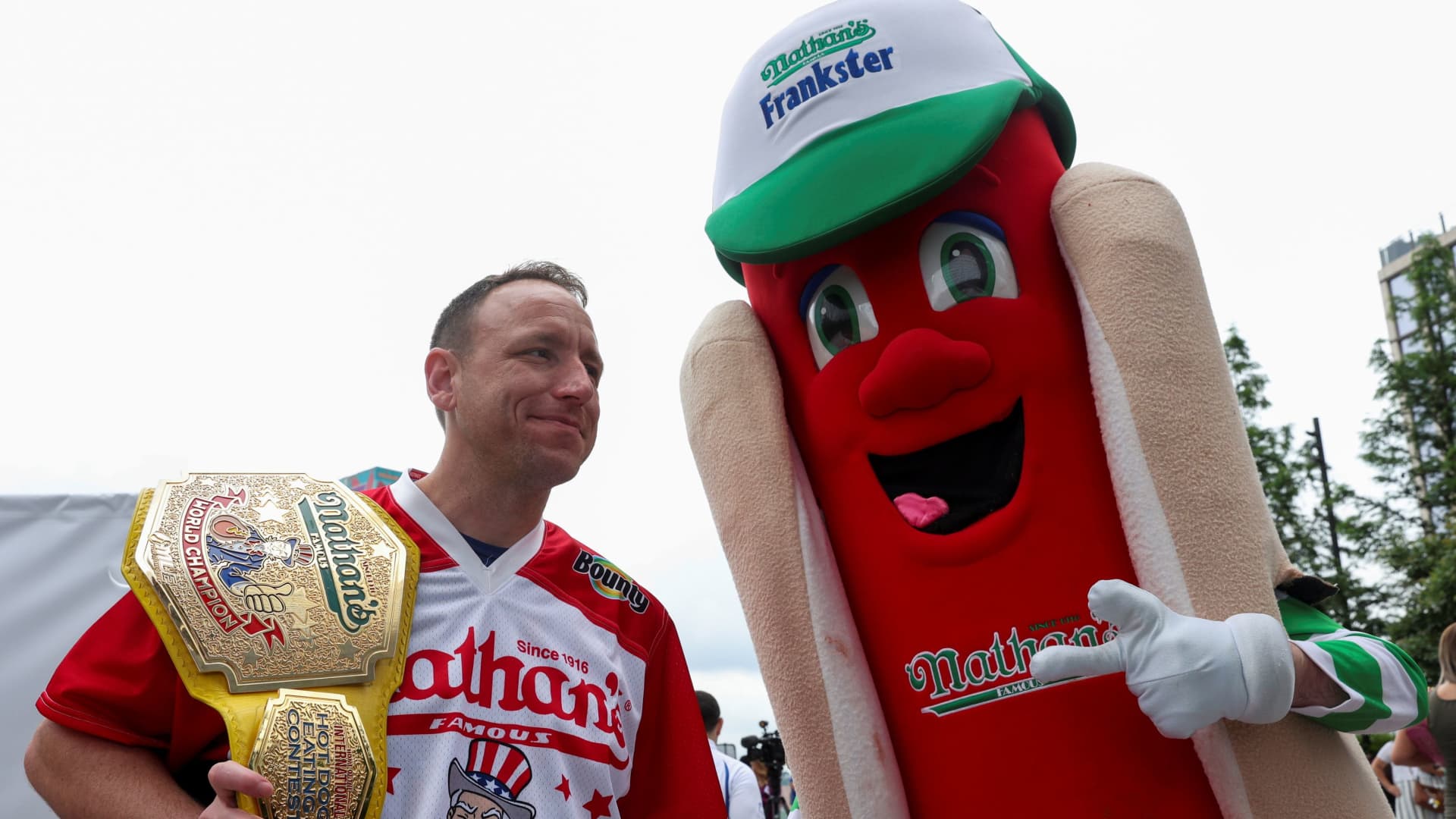When does a decline in sales growth go from a temporary blip to a long-term trend? Maybe right now.
After years of rapid growth, EV sales growth in California held steady in the middle of last year and the trend is continuing: 101,443 all-electric cars were registered in the state in the second quarter of the year, compared to 102,730 in the second quarter of 2023, a drop of about 1%.
The market share of all-electric cars is also holding steady, at 21.4% of all auto sales during the first half of the year, down slightly from the first half of last year, according to the California New Car Dealers Association.
Aggressive and shocking reports on climate change, the environment, health and science.
Tesla, once a favorite of California car buyers, was hit hard. While it remains by far the leader in electric vehicle sales, Tesla sales in California fell 24.1% in the second quarter. Nationwide, according to Kelley Blue Book, Tesla sales fell 6.3% in the second quarter, although total electric vehicle sales rose 7.3%.
There's no concrete data to suggest why Americans, and Californians in particular, are turning against Tesla, but the trend for Tesla in the Golden State doesn't look good.
Tesla “faces mounting challenges. Its market share fell 2.3 points from last year… Tesla’s appeal appears to be fading, signaling potential trouble ahead for the direct-to-consumer manufacturer,” the auto dealer group said in a news release.
Tesla sells directly to customers and does not use car dealerships, so you can expect some dealer cheering. But the numbers the group released are reliably sourced from Experian Automotive's industry-standard data collection.
Besides Tesla, other EVs that lost ground in the second quarter were Volvo, down 66.5%, and Polestar, down 61.9%. Both brands sell EVs made in China, which has been hit hard by the Biden administration’s heavy tariffs. Volkswagen fell 34.5%. Chevrolet fell 50.6%, but that’s mostly because it discontinued the popular Chevy Bolt EV, with promises to reintroduce a new version. Had the Bolt still been on sale, there’s a good chance statewide EV sales would be in positive territory.
The winners include Audi, up 77.4%; BMW, up 59.5%; Kia, up 72.3%; and Toyota, up 108%, although those increases are coming from a fairly small sales base.
Overall auto sales in California rose 4.8% in the second quarter. Gasoline-battery hybrids are a bright spot, up 21%. Sales of plug-in hybrids, which can travel a few dozen miles on batteries alone, fell slightly.
If the EV sales trend continues to stagnate, it could spell trouble for Gov. Gavin Newsom’s EV mandate: By 2035, automakers will be allowed to sell only electric cars in California, 80% of them fully electric and 20% plug-in hybrids.










